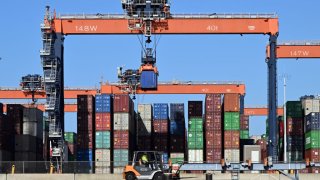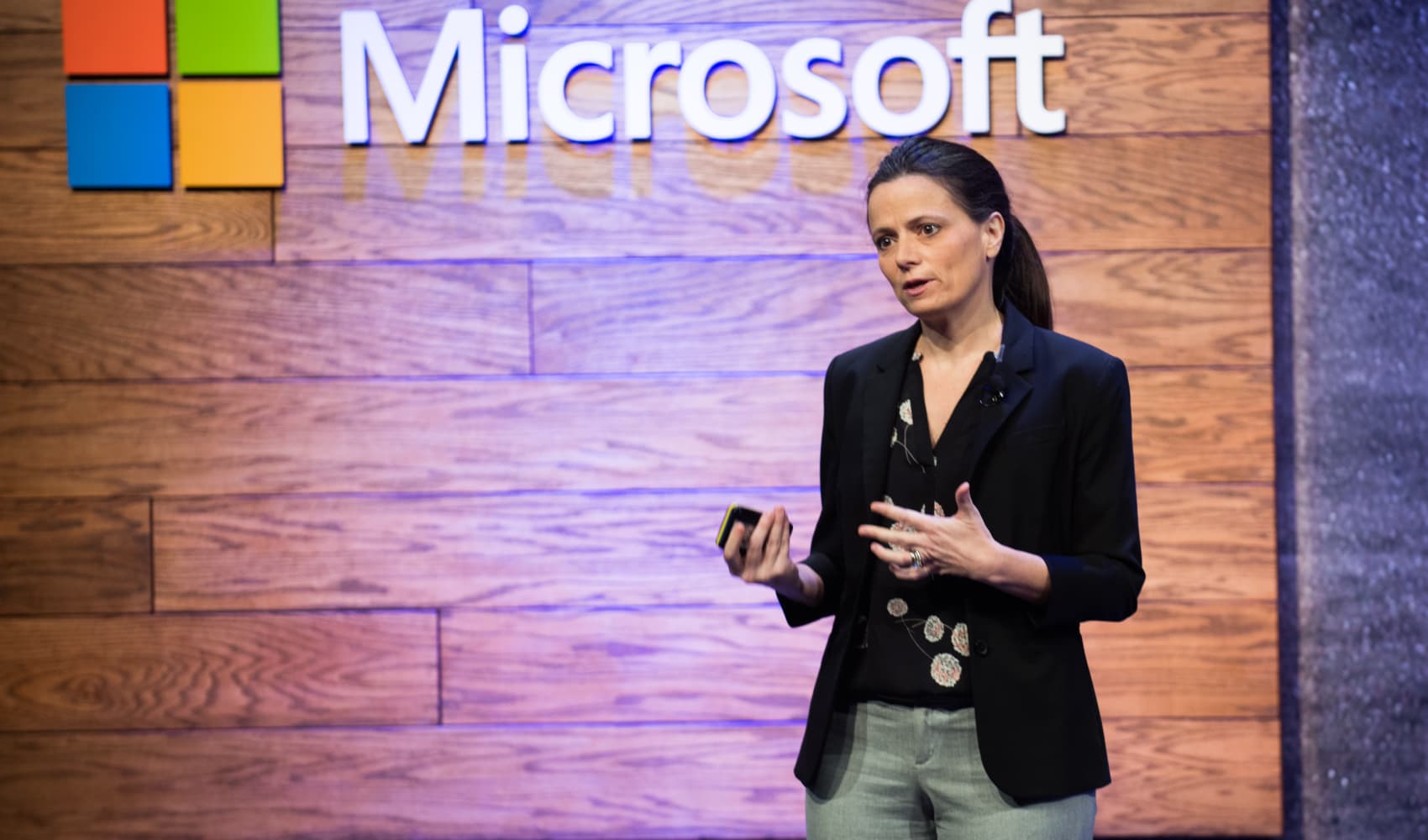
- Dutch Prime Minister Mark Rutte told CNBC on Wednesday that "you cannot help everyone so ... we in the West will be a bit poorer because of the high inflation, the high energy costs."
- Inflation hit 9.6% in the Netherlands in April, according to the Dutch statistics body CBS.
Dutch Prime Minister Mark Rutte on Wednesday said there is a "limit to what a government can do" to help people amid surging inflation.
Speaking at the World Economic Forum in Davos, Switzerland, Rutte told CNBC's Steve Sedgewick that the Dutch government would help people on lower and lower-middle class incomes with their rising energy bills.
However, he added that "you cannot help everyone so ... we in the West will be a bit poorer because of the high inflation, the high energy costs."
Get Connecticut local news, weather forecasts and entertainment stories to your inbox. Sign up for NBC Connecticut newsletters.
Inflation hit 9.6% in the Netherlands in April, according to the Dutch statistics body CBS. This was slightly lower than the 9.7% inflation recorded in March, though it remained historically high.
The Dutch government in March announced support measures to help with the burden of rising prices. This included raising its one-off energy allowance to 800 euros ($852), for people with incomes around the country's social assistance benefit level.
Rutte acknowledged that rising prices would present "societal pressures," which he said could be seen playing out in elections across Europe.
Money Report
But he added that "people generally understand that there is a limit to what a government can do, as long as they feel that it is done in an honest way that you've supported people who need it most."
Rutte said that one of the priorities for his coalition government, which was installed in January and took nearly 10 months to form, was social mobility. He said the government wanted to deal with the country's "meritocracy trap" and that other factors, including education, could help people to become part of what he called the "Dutch dream."
With regards to the European Central Bank's approach to tackling inflation in the eurozone, Rutte said there are "ramifications coming out of the energy crisis and out of the Ukraine crisis which are unavoidably also impacting on the macroeconomic figures that I cannot blame the central bankers for this."






